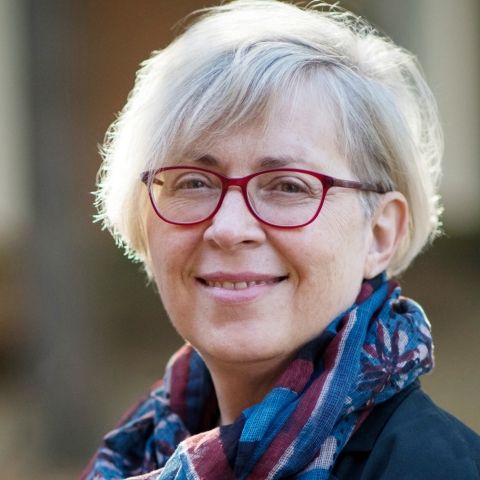

We read with great interest and appreciation the careful consideration and analysis by Ambagtsheer et al. of the most critical ethical objections to Global Kidney Exchange (GKE). Ambagtsheer et al. [1] conclude that implementation of GKE is a means to increase access to transplantation ethically and effectively [2]. These conclusions by their European Society of Transplantation (ESOT) committee on Ethical, Legal, and Psychological Aspects of Transplantation (ELPAT) represent a step forward toward a greater understanding and an open, honest debate about GKE. Taken together with the strong endorsement of GKE by Minerva et al. [3] in Lancet and the positive position statement of the American Society of Transplant Surgeons (ASTS) [4], Ambagtsheer et al. successfully dispel previously raised doubts [5-13] to which we have previously responded [2, 14-17].
One previous argument against GKE that Ambagtsheer et al (and Minerva et al. [3]) reject is that the general populations of some involved countries are not in support of this construct [18, 19]. We have recently published new data to refute this argument as well. In surveys in Germany, Spain, United States (U.S.), and Philippines asking whether GKE should be legal, following a detailed description of GKE, 79%, 74%, 87%, and 85% answered “legal” to the question “should this exchange be legal or illegal?” [20].
Ambagtsheer et al. posed several questions to which we respond below.
As of February 2020, 16 international donors and recipients from the Philippines, Mexico, and Denmark participated in GKE and all enthusiastically support the concept. For these exchanges, international participating centers were chosen because the U.S.-based team had established relationships with trusted, well-trained transplant physicians at those centers. Participating U.S. centers evaluated and approved the financial and ethical aspects of the proposed exchanges. Six of the eight GKE recipients were identified by local physicians and presented to the Alliance for Paired Kidney Donation (APKD) for potential participation in GKE. Two patients directly contacted APKD. Five of the eight international patients transplanted through GKE were highly sensitized and had waited years in their respective countries without a match; however, they were matched within months by GKE which offered a different genetic diversity of HLA. We believe that any pair that wishes to participate in GKE should be able to if a match is found and the resultant exchanges and transplants are possible, considering medical suitability, logistics, and finances.
Citation
Alvin E. Roth et al., Global kidney exchange should expand wisely, 33 Transplant International 985–988 (2020).